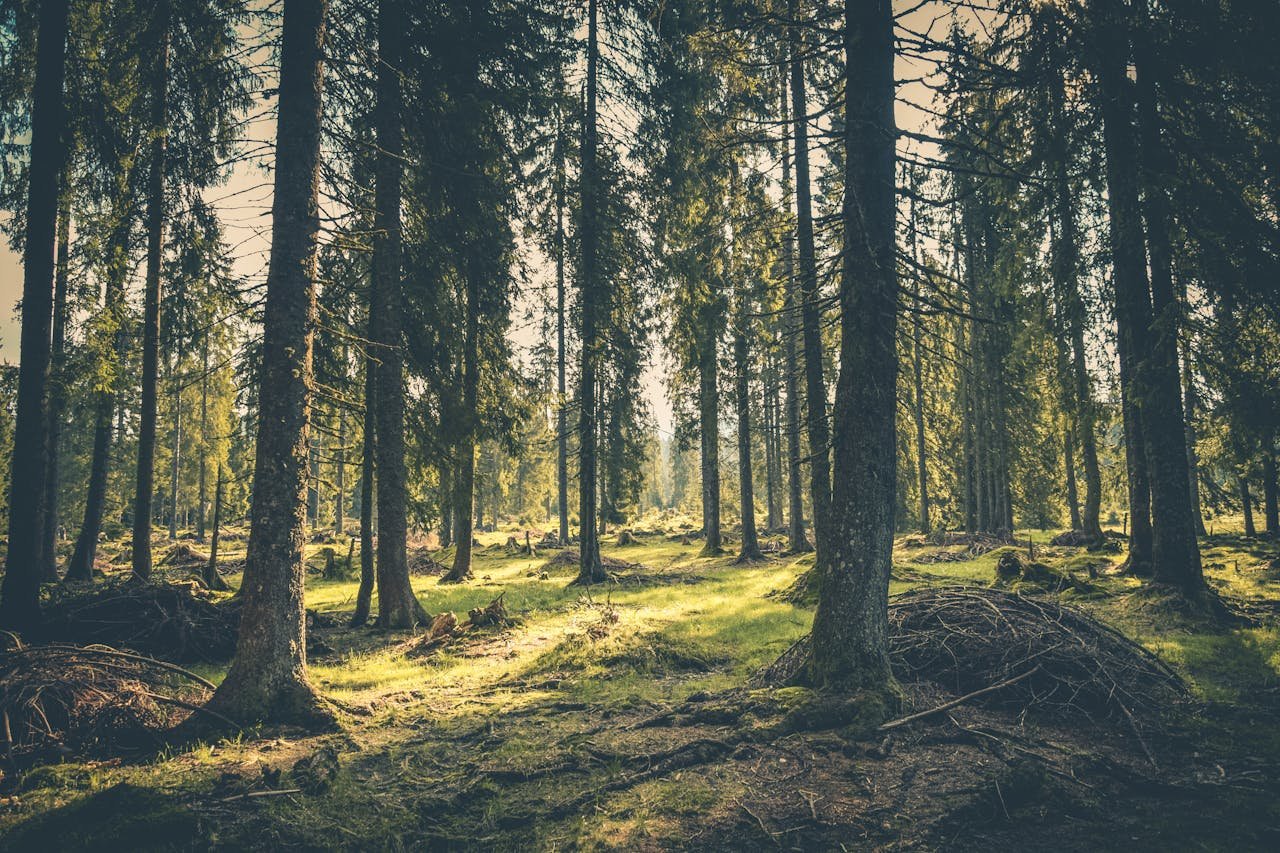Forestry and landscaping are both becoming increasingly desirable professions, with the outdoors and working with nature catching on with the new generation of workers. It’s a myth that these are jobs only for men, women have historically played an important role in forestry occupations that continue to this day.
With the changing rules surrounding the upkeep of natural spaces and peoples’ desire to look after the environment, forestry is an industry that is set to expand.
Women revolutionising forestry
In the UK, there has been a monumental shift in forestry careers. Forestry England has cared for the country’s forests for over a century. But the number of women working across the 1,500-odd woods has been low, historically speaking, apart from during the second world war, when the women’s land armies took over running the forests.
Today the industry, in the UK, has become more equal than ever before, with a full 40 percent of the workforce being women, and the Women in Forestry Program Board in place to further the positive impact for years to come.
Over in the US, where landscaping is particularly big business, the $93 billion industry continues to grow each year, and yet 80 percent of the total revenue goes to male-owned industries. In recent years, however, the likes of Plantworks Nursery and Davey Tree Expert Co. have catapulted women to the top of the landscaping scene.
Internationally, Wangari Maathai’s Green Belt movement in Kenya saw her inspiring and leading women to plant and sustain over 30 million trees in the country, in an effort to fight poverty and environmental degradation. Maathai insisted on female leadership as women’s roles in society meant that they were better placed as stewards of long-term environmental management. Maathai won the Nobel peace prize for her work in 2004 and her work inspired the United Nations to support the planting of 11 billion trees worldwide.
Building a career in forestry
There are a wide range of career options in the forestry and landscaping industries, ranging from forester, ecologist, tree surgeon, management and conservation, as well as science, research and arboriculture.
This is a potentially dangerous industry, so health and safety are paramount and high-quality protective clothing is important. For example, if you will be working with a chainsaw, not only will you need to look into appropriate chainsaw clothing, but you’ll need to know the answers to some serious questions around chainsaw protection. You should be thinking beyond “What are the best chainsaw trousers?” and exploring specifics such as “What does class 1 chainsaw trousers mean?” Women at the top of the field of forestry know that Class 1 chainsaw trousers are the baseline necessity for leg protection when using this power tool. Don’t forget to also look into updating your equipment so that you are working efficiently and safely. If you need a new electric chain saw or axes, research the best available as cheaper options can be more of a hazard.
Also for health and safety reasons, in many forestry roles having the right qualifications are essential. It can take time to arm yourself with the right certifications. Educational routes include college courses, for example, forestry and arboriculture or land-based technologies. Those courses enable direct entry either into jobs or into university education. Higher-level courses include, for example, forest management, woodland ecology, and conservation as well as degree-level options in forestry and arboriculture.
Apprenticeships offer an alternative route for those who are more vocationally minded, though you will have to meet certification standards as well as you progress. If you want to test out whether it is the right industry for you before committing to the educational route, there is a wide scope to volunteer with charities like the Woodland Trusts. Volunteer experience is not only enriching but will also help you to stand out to employers when you are applying for your first job in the industry.
Last but not least, it’s important to remember that you will also need to be physically fit, enjoy working outdoors in all weathers and have good communication and team-working skills.
The future in the UK and elsewhere needs to be greener. We need more trees. Governments are increasing their commitment to plant and maintain new forests. Not before time, Wangari Maathai’s vision of a women-led forestry revolution may be spreading to the West.

